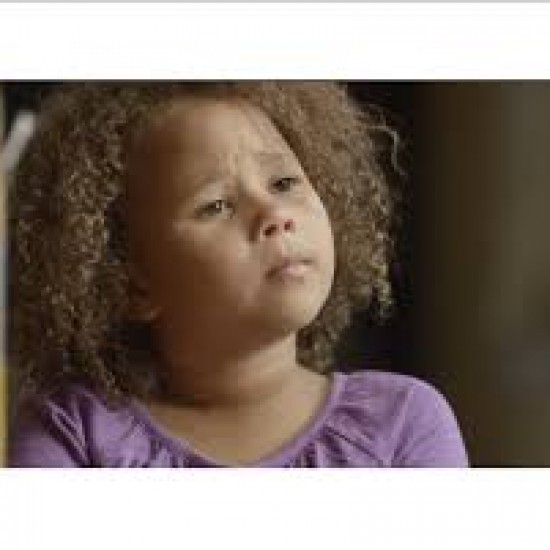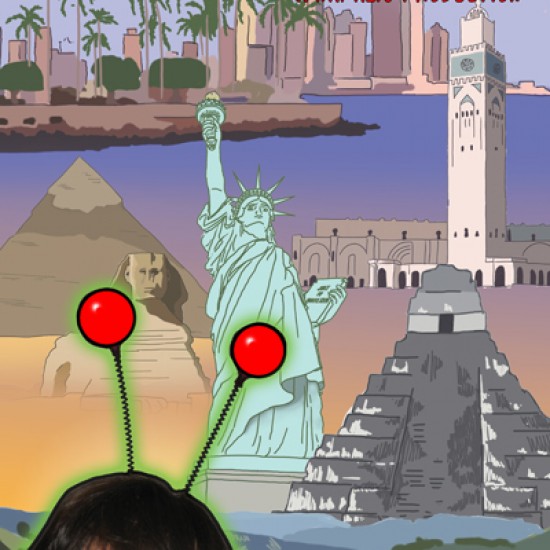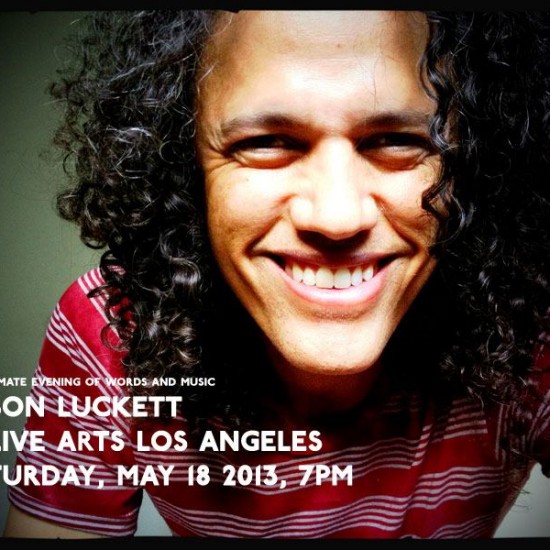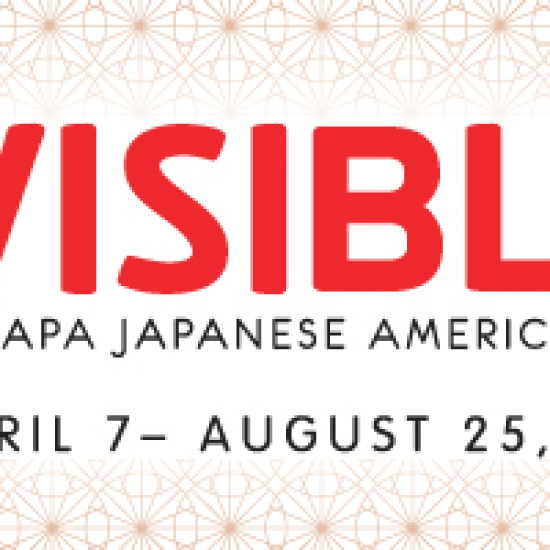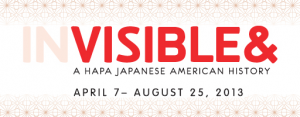In late May 2013 Cheerios aired a commercial that features a Mixed family, and shortly afterwards Youtube had to disable comments because of all of the racist remarks the ad received. We are so excited that our stories are being told in the media – head on over to the Youtube page and ‘like’ the commercial if you want to show your support!
Author: Storyteller
CMRS Symposium in London
Key note speakers:
Dr. Suki Ali is a Senior Lecturer at the London School of Economics. Her research interests include feminist cultural studies, theories of identity and embodiment and particularly the interplay between gender, ‘race’ and class. Dr. Ali is the author of several books, articles and chapters including ‘Mixed-Race: Post-Race: Gender, New ethnicities and cultural practices’ and ‘Reading Racialised Bodies: Learning to see Difference’.
Dr. Rebecca Chiyoko King-O’Riain is a Senior Lecturer at the National University of Ireland, Maynooth. Her research interests are in people of mixed descent; emotions, technology and globalization; race/ethnicity; critical race theory; beauty; and Japanese Americans. She has published in Ethnicities, Sociology Compass, Journal of Asian American Studies, and Amerasia Journal. Her book Pure Beauty: Judging Race in Japanese American Beauty Pageants (University of Minnesota Press) examines the use of blood quantum rules in Japanese American Beauty Pageants. She is currently researching and writing about ‘Global Mixed Race’ and ‘The Globalization of Love’.
Critical Mixed Race Studies (CMRS) is a rapidly growing body of scholarship and through the continued challenging of essentialized conceptions of ‘race’ and ethnicity, CMRS becomes an emerging paradigm for examining the politics of ‘race’, racism and representation. CMRS can be defined as “the transracial, transdisciplinary, and transnational critical analysis of the institutionalization of social, cultural, and political orders based on dominant conceptions of race. CMRS emphasizes the mutability of race and the porosity of racial boundaries in order to critique processes of racialization and social stratification based on race. CMRS addresses local and global systemic injustices rooted in systems of racialization” (Critical Mixed Race Studies Association). In this transnational, interdisciplinary symposium, we seek to explore these components through the lens of intersectionalities in individual experience, theorising and activism.
For more information please contact the organizing committee, cmrs.symposium@leeds.ac.uk. Attendance at this conference is free; all other queries should be directed to the above address. A programme for the conference is now available.
New Play about a Third Culture Kid
Elizabeth Liang, multiracial actress, performs her one-woman play about growing up as a “third culture kid.”
Use the code “MASC” to get $5 off the cost of admission for the Friday, May 31st show on-line or at the box office. A portion of the proceeds from this show will go to MASC! There will be a talkback after the show with Elizabeth Liang and MASC Board member Sonia Kang. More info here: MASCsite.org
About Alien Citizen
Who are you when you’re from everywhere and nowhere? Alien Citizen is a funny and poignant one-woman show about growing up as a dual citizen of mixed heritage in Central America, North Africa, the Middle East, and New England. Elizabeth Liang weaves humorous stories about growing up as an Alien Citizen abroad with American commercial jingles providing her soundtrack through language confusion, first love, culture shock, Clark Gable, and sandstorms… Liang, like President Obama, is both of mixed heritage and a Third Culture Kid or TCK. TCKs are the children of international business people, global educators, diplomats, missionaries, the military — anyone whose family has relocated overseas because of a job placement. How does a young girl cope as a border/culture/language/religion straddler in country after country that feels “other” to her when she is the “other?” Where is the line between respecting others and betraying yourself?
Jason Luckett at Live Arts in LA
An Intimate Evening of Words and Music / Musician and essayist, Jason Luckett brings an evening of song, story and movement to the boulevard, Saturday, May 18, when he performs at Live Arts Los Angeles. A singer and guitarist, Jason’s work celebrates the cultural richness of Los Angeles and this performance continues his effort to bring music out of clubs and into venues where a more intimate dialogue may occur. Recently, Jason has performed at Highways in Santa Monica, the Los Angeles Central Library as part of the ALOUD series, and locally in a residency at the Left Coast Wine Bar in which he and his invited guest artists create a musical salon. Percussionist Ossie Mair and dancer Haize Hawkins will accompany Jason, at LALA. Advanced tickets are $15 general admission, $12 for students and seniors and can be purchased from jasonluckett.com or jasonluckettlala.brownpapertickets.com.
Call for Submissions: Nikkei Chronicles #2
 The Editors at Discover Nikkei invite you to submit personal stories and essays, memoirs, academic papers, book reviews, and other prose genre that share your thoughts on how Nikkei around the world perceive and experience being multiracial, multinational, multilingual, and multigenerational. It is our hope that by sharing the multitudes of our experiences, we enhance our ability to better understand who Nikkei are.
The Editors at Discover Nikkei invite you to submit personal stories and essays, memoirs, academic papers, book reviews, and other prose genre that share your thoughts on how Nikkei around the world perceive and experience being multiracial, multinational, multilingual, and multigenerational. It is our hope that by sharing the multitudes of our experiences, we enhance our ability to better understand who Nikkei are.
Submissions accepted from April 1 until September 30, 2013 at 6pm (PST). Click HERE for more info!
Visible & Invisible
Curated by Cindy Nakashima, Lily Anne Yumi Welty, and Duncan Williams, reveals the long “mixed” history in the Japanese American community. Starting with the earliest days of immigration, over a century ago, multiracial and multiethnic families and individuals dared to forge unexpected communities and families, against all odds. The pioneers of Japanese American history took risks and crossed oceans, embraced new communities, and established roots in unfamiliar places. They created multiracial families and their children became the first Americans of Japanese ancestry. In doing so, they played a pivotal role in transforming the United States into a place where they—and others like and unlike them—can belong.
This exhibition is currently at the Japanese American National Museum in Los Angeles and runs from April 7 – August 25th, 2013. Click HERE for more details on the JANM exhibit.
Prom
This story of the first segregated prom at a Georgia high school has been eye opening to the continued segregation that happens in this country.
http://www.cnn.com/2013/04/30/living/wilcox-integrated-prom/index.html
What I want to know is…where did the mixed teens go to prom all these years? What other stories do you have of cases where societies monoracial boundaries, have left mixed youth having to choose one part of their entire self?
Raising Mixed Children
This interesting article brings up an important topic to consider when parenting all children. Should children be raised to see color or be colorblind? If you are raising mixed race children which do you chose? Why? What resources have you found in helping you teach your children about race issues? If you are mixed, how were you raised? How did being raised to see color or to be colorblind impact your life?
http://madamenoire.com/275209/on-eve-and-her-plans-to-raise-her-bi-racial-children-colorblind/
Everyday Stories of Folks Making A Difference
Movers & Shakers
Everyday Stories of Folks Working to Make a Difference
As the curator and a contributor to the Mixed Roots Stories’ section on Movers & Shakers I will be looking for stories and writing stories about folks informed by their multi-cultural/multi-racial narrative who transcend social convention to make an impact.
For example, Baltimore Ravens linebacker Brendon Ayanbadejo (Nigerian & Irish-American) has been a strong vocal advocate for same-sex marriage. This is a big deal for a pro football player from the notoriously homophobic world of professional sports to take such a position and it is a big deal for same-sex marriage advocates. In fact, a Maryland state legislator – strongly opposed to same-sex marriage – wrote a letter to the Baltimore Ravens owner asking him to silence Brendon, because of the positive impact he was having on the issue. In the end, the attempt by the legislator to silence Brendon backfired on him and today same-sex couples can marry in the State of Maryland.
Finally, to bring the point home, during interviews on his views of same-sex marriage, Brendon emphasized how is multi-ethnic and multi-cultural background raised his social consciousness to be aware of other folks and their struggles to have their stories heard.
These are the stories that I’m looking forward to reading and writing. Lastly, please keep in mind that the Mover or Shaker does not have to be a celebrity.
Wanted: A New American Narrative on Race
Politics
Wanted: A New Narrative for America
America’s stories are reflected by the symbolic use of language in politics. According to Murray Edelman in his seminal book, The Symbolism of Politics, “The employment of language to sanctify action is exactly what makes politics different from other methods of allocating values.” Our American political story, as it pertains to diversity, is binary. The conflict is only between black and white, and all other groups are defined by what side of the line they fall on. America needs an updated narrative that reflects its changing demographics, which is evolving towards greater diversity -both ethnically and culturally.
The limits of America’s binary storyline really hit home for me during the last fours years, from the election to the recent re-election of Barack Obama. Any discussion about President Obama’s “race” never addressed his layered backstory. Many stories either revolved around his blackness or lack of blackness. The one time there was any discussion about his complex cultural and racial upbringing was during his speech on race in response to the Reverend Wright issue. Moreover, pundits and journalists tied themselves into knots attempting to describe or explain President Obama’s backstory. I believe it was the lack of a shared linguistic architecture.
When a political body believe their only choices are A or B then we have a zero-sum game, so their actions will reflect that fact (more on this in future writings). We need to change the present narrative to one that reflects our complexity, so we can bend the arc of history towards greater equality and justice for all.

